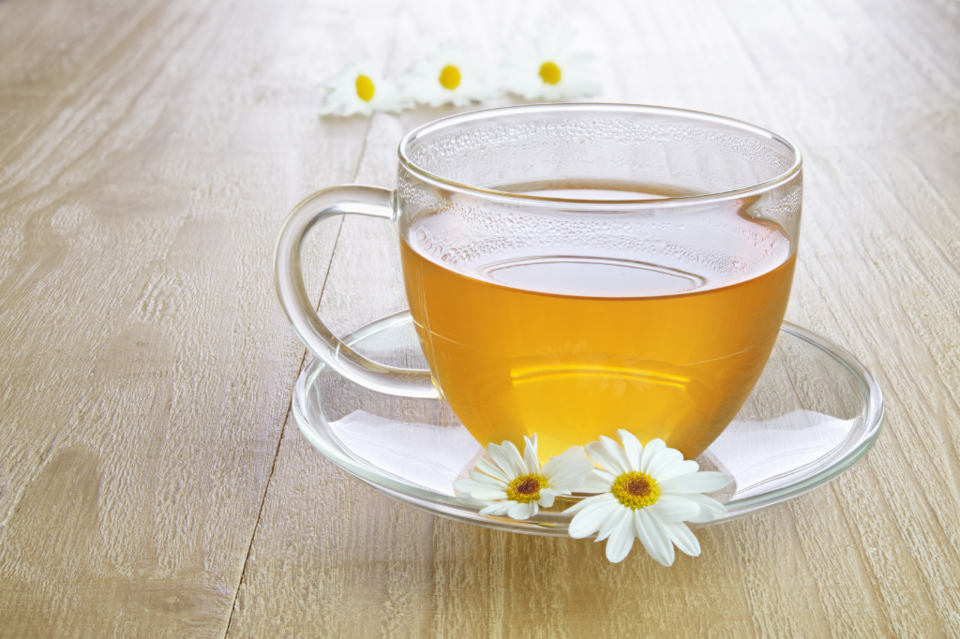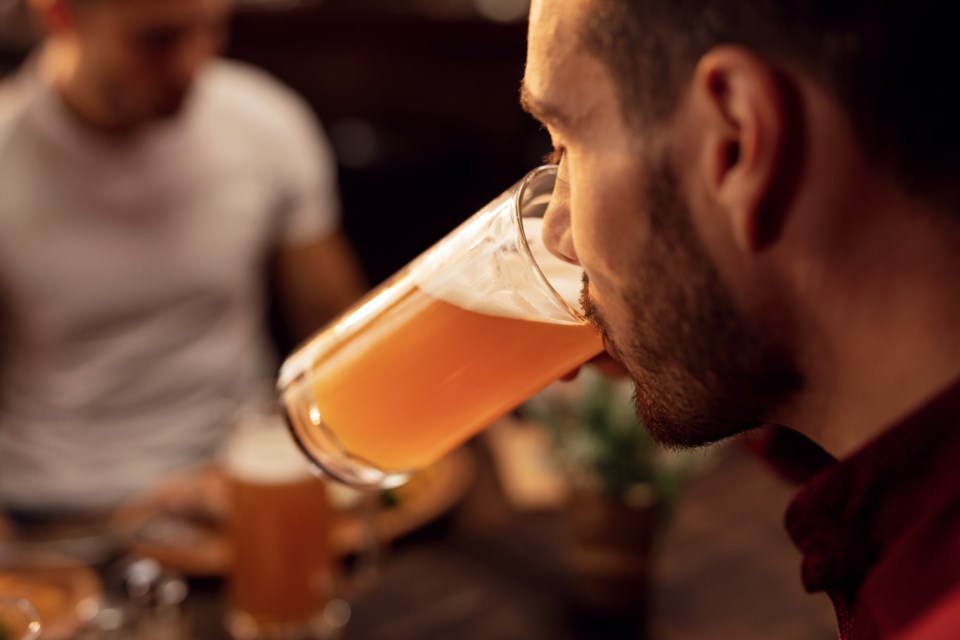If you find yourself tossing and turning at night, your choice of evening meal or snacks could be to blame. What you eat and drink before bed plays a bigger role in influencing sleep quality than you may think.
Let’s explore the best—and worst—food choices to help you drift off easily and attain that coveted deep REM sleep so you wake up feeling refreshed and ready to take on the day.

5 best foods and drinks for sleep
- Kiwi: Despite its small size, kiwi packs a punch with antioxidants and serotonin. These compounds can help regulate your sleep-wake cycle, promoting quicker sleep onset and potentially enhancing sleep duration. Studies have shown that compounds in kiwi—such as antioxidants and serotonin—both help to improve sleep disorders.
- Almonds: Rich in magnesium and melatonin, almonds are excellent for relaxation and supporting sleep quality. Melatonin, a hormone that regulates sleep, can help synchronize your sleep-wake cycle when you eat the right amount. Generally, a serving size of almonds that includes about 1 to 2 ounces (28-56 grams) is considered beneficial for their sleep-promoting properties.
- Tart cherry juice: Natural melatonin found in tart cherries has been linked to improvements in sleep duration and quality. This fruit juice can help increase overall sleep time and efficiency, particularly for those experiencing insomnia.
- Fatty fish: Omega-3 fatty acids and vitamin D found in fish like salmon and tuna play critical roles in serotonin production and sleep regulation. These nutrients contribute to better sleep quality and can help reduce sleep disturbances.
- Chamomile tea: Known for its calming effects, chamomile tea contains apigenin, an antioxidant that binds to certain receptors in the brain to promote relaxation and sleepiness. Regular consumption has been associated with improved sleep quality and fewer symptoms of insomnia.

Foods (and drinks) to avoid before bed
- Caffeine: Found in coffee, tea, chocolate, and some sodas, caffeine is a stimulant that can interfere with sleep by blocking the action of adenosine, a neurotransmitter that promotes sleep. It’s best to avoid caffeine approximately six hours before bedtime.
- Alcohol: While alcohol may initially induce drowsiness, which is why so many people assume it helps you sleep, in reality, it actually disrupts sleep patterns and reduces sleep quality, specifically robbing you of deep REM sleep. Even a very small amount of alcohol can interfere with the restorative phases of sleep, leading to fragmented sleep and increased wakefulness during the night.
- Spicy foods: Spices can cause indigestion and heartburn, making it uncomfortable to lie down and fall asleep. Avoiding spicy foods before bed can help prevent digestive discomfort and promote a more restorative sleep.
- High-fat foods: Foods high in fat take longer to digest, which can lead to discomfort and disrupted sleep. They can also trigger acid reflux and heartburn, contributing to poor sleep quality even more.
- Sugary foods: Consuming sugary snacks before bed can cause big fluctuations in your blood sugar levels, leading to middle of the night wakeups and difficulty staying asleep. Stable blood sugar levels are super important for maintaining uninterrupted sleep, which is why that evening sweet treat is best resisted.

Tips for better sleep
- Timing matters: Finish eating your last meal at least two to three hours before bedtime to allow for proper digestion and to minimize the risk of pesky reflux symptoms during sleep.
- Stay well hydrated: While hydration is important, limit fluid intake before bed to minimize nighttime trips to the bathroom, which can disrupt sleep continuity. Aim to get the bulk of your hydrating in earlier in the day.
- Create a relaxing bedtime routine: Calming nighttime activities such as reading or taking a warm bath before bed can help signal to your body that it’s time to wind down and prepare for sleep.
About the Author

Alicia is a journalist and editor in digital and print media specializing in health, nutrition, fitness, and wellness. She was previously the Editorial Director of Clean Eating and Vegetarian Times. Her work has also appeared in Hone Health The Edge, Yoga Journal, Women’s Running, and Oxygen, among others. In addition to being a content creator, she's an ISSA-certified nutritionist, certified personal trainer, and fitness studio owner in Toronto. Alicia loves spreading the word about helpful, science-backed health information, and she can be contacted via her website at aliciamtyler.com.




